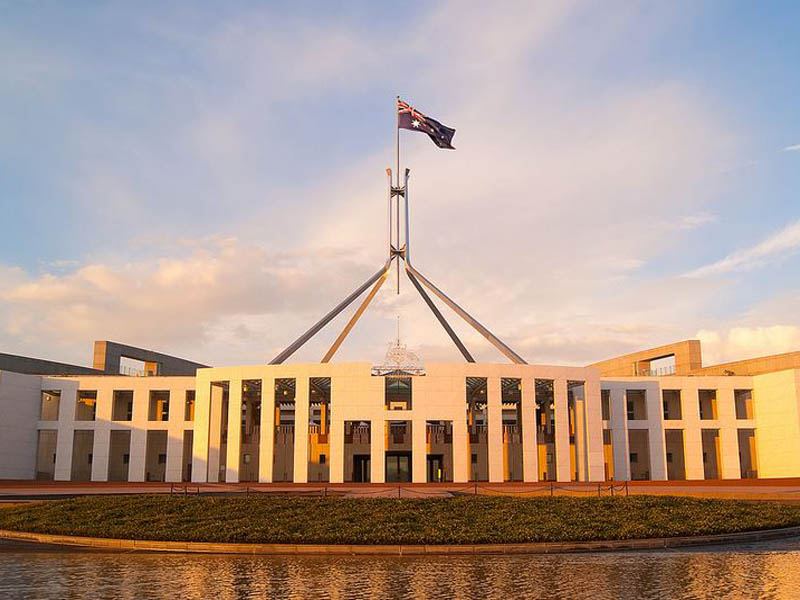The development of a workable framework for a co-ordinated approach to digital identity is proving to be a tough nut to crack. But there is at least now plenty of appetite among business leaders and the government to build a more coordinated and efficient identity process to underpin the digital economy.
This is not a fringe conversation. When the Reserve Bank of Australia’s Payment Systems Board makes critical notes about the importance of digital identity at its August board meeting, you know the issue has moved to the centre of economic policy discussion.
The notes have been quickly followed by an awareness campaign, most notably with the RBA assistant governor of business services Lindsay Boulton warning that an “uncoordinated” approach to digital identity would lead to economic inefficiencies and security concerns.

The conversation about digital identity is far from restricted to government. But there is understandable interest from the private sector and the states in what the approach the Commonwealth takes to digital ID.
It is a year since the Digital Transformation Agency unveiled its Trusted Digital Identity Framework and announced plans for its Govpass system. Significant digital ID pilot projects are set to start in October.
In August and September InnovationAus.com has maintained a focus on digital identity, open data and open banking in partnership with specialists Ping Identity.
Reporter Joshua Gliddon put together a strong summary of the Trusted Digital Identity Framework and Govpass, which you can read here.
Early in August, the Minister for Human Services and Digital Transformation Michael Keenan named Deborah Anton the country’s first ever National Data Commissioner. Mr Keenan said the creation of the new position was in line with Productivity Commission recommendations and that Ms Anton would work with the Privacy Commissioner to strengthen safeguards around the integrity, management and use of government-held data.
Meanwhile Ping Identity’s Asia Pacific chief technology officer Mark Perry said there are reasons to be optimistic about government’s approach to open data and open banking. No-one wants to be on the bleeding edge of regulatory reform, and the measured approach taken by policy-makers should produce good outcomes.
Mr Perry, who was recently appointed to the government’s Data Standards Body – set up to support the new Consumer Data Right – says there is a lot to be learned from the open banking regime that has been rolled out in the UK.
While it’s not a great idea to slavishly copy other markets, there are valuable lessons – good and bad, to be had in looking at the UK experience.
Meanwhile, Victoria’s deputy commission for privacy and data protection Rachel Dixon told InnovationAus.com that although there had been a “sea change” in how individuals and governments understand the nature of privacy – but that a major cultural shift is still required.
Ms Dixon is a former Digital Transformation Office executive who ran the government’s original digital identity project.
Other stories included the roll-out plan for the NSW government’s digital drivers’ licences and the fact that government elected to keep portfolio responsibility for digital government within the Department of Prime Minister and Cabinet.
In fact the leadership turmoil in Canberra last month of course attracted coverage. For the digital transformation agenda, continuity and a steady hand are crucial to the smooth roll-out of programs like identity and open data.
There are also signs that Australia Post has moved its focus away from its high profile Digital iD project under new chief executive Christine Holgate.
And finally, there is growing talk that governments can get some efficiencies through the application of the blockchain. Loretta Joseph is has pushed blockchain and identity hard in forums aroind the world as an Australian expert in its application.
Do you know more? Contact James Riley via Email.

